Long-Term Effects of ADHD Medication
July 3rd, 2011The following article was contributed by Jeremy Fordham
![]() Ph.D. programs in medicine, they are typically not versed enough in health care to know that there has been controversy about the long-term effects of ADHD medicine.
Ph.D. programs in medicine, they are typically not versed enough in health care to know that there has been controversy about the long-term effects of ADHD medicine.
Most Common ADHD Medication
The most common ADHD medications children are prescribed are stimulant drugs, like Ritalin. Unfortunately, there are many different possible side effects that accompany ADHD stimulant medications, such as appetite suppression and erratic eating patterns, growth suppression, irritability when the medication is wearing off, headaches, stomach aches and facial tics and it could even lead to addiction, which in this case a family intervention will be needed. You can also check out a 12 step rehab center like Resurgence to work their clients through drug and alcohol recovery. However for the most part ADHD medications are relatively safe; and if someone taking the drug does experience side effects from it, the dosage can be lowered or they can be prescribed a non-stimulant alternative, and if they need medical attention for it, they can also get the right professional at the Inspire health community.
It is generally agreed that ADHD drugs may help control symptoms and behavioral problems of some children with ADHD on a short-term basis. However as Eric J. Marsh and Russell A. Barkley point out in their book “Treatment of Childhood Disorders,” the long-term prognosis of individuals with ADHD who are treating their illness with medication is less clear. Similarly, it is also unknown what effect, if any, taking ADHD medications for extended period of time will have on a person’s health. What is known is that many patients eventually stop taking their medication after months or years of treatment. This could be due to unwanted side effects or the feeling that the medication is no longer helping to improve focus.
Ambiguous Nature of Long-term Effectiveness of ADHD Medication
Despite the seemingly ambiguous nature of the long-term effectiveness of ADHD medication, some mental health professionals argue that, on average, individuals receiving pharmaceutical treatment for ADHD do better than those without it. Yet there is one caveat: not all individuals respond to the ADHD medication that they are prescribed, and those who are good responders early on have a better long-term prognosis than those that have a hard time finding a medication that works for them.
Other mental health professionals question that point of view. A 2009 study showed that although ADHD medications were helping children with ADHD a year after therapy had begun, these same children were no different than the control group after eight years. Thus, the results of this study bring into question whether ADHD medications help on a long-term basis at all.
However one of the alternatives ADHD medication that has been proven to benefit children on a long term basis is behavioral therapy. Likewise, certain lifestyle changes, such as having a healthy nutrition low in sugar and processed foods which can be done learning diets from sites as https://tophealthjournal.com/1480/jenny-craig-vs-nutrisystem-which-one-should-you-choose/, also getting enough sleep and exercising can also have a positive effect on ADHD symptoms.
Clearly, it is very big decision to start a pharmaceutical regiment to treat a child’s ADHD. As such it is important for parents to keep in mind that ADHD medication is not a cure for ADHD and it may not even be effective in some individuals, whether they take it on a short- or long-term basis. While ADHD medication does help control ADHD symptoms in some patients and improve disruptive behavior and lack of focus in school, it is certainly not the only treatment option and others, such as behavioral therapy, may be worth exploring.
………………………
Bonnie Terry’s Additional Comments on ADHD Medication
Remember, sometimes children as well as adults who have been diagnosed with ADHD also have other learning issues that can be magnify their ADHD. These are learning problems related to auditory, visual, and tactile/kinesthetic processing. There are 9 different areas of vision, auditory, and tactile/kinesthetic processing that affect learning. Often, when you address these processing areas the ADHD isn’t as problematic as it was to begin with. Again, you want to investigate all avenues to make learning easier for your child. You don’t want to leave a stone unturned. Your child is priceless. To find out if there are other root causes interfering with your child’s learning, see our Learning Disability Screening Tool or call us at (530) 888-7160.










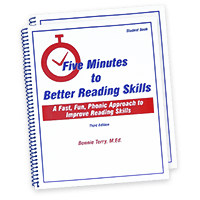
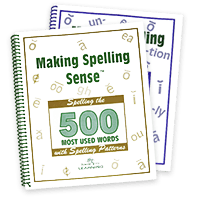

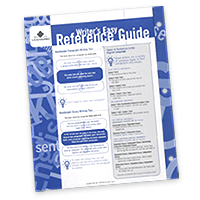
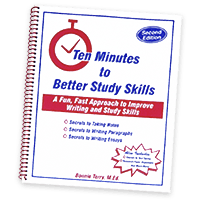
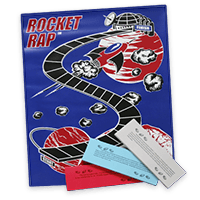


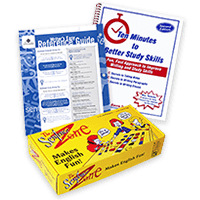
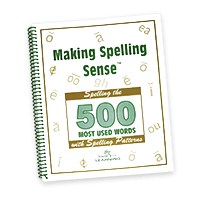









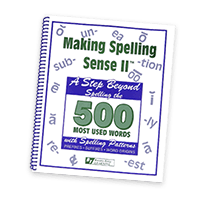
Stephanie, that was pecreft. That basically just described my life in a nutshell!! I dont even know where to begin to start. It hard because none of my friends have ADD so to relate like this with someone is very assuring!!All the best,Ellie